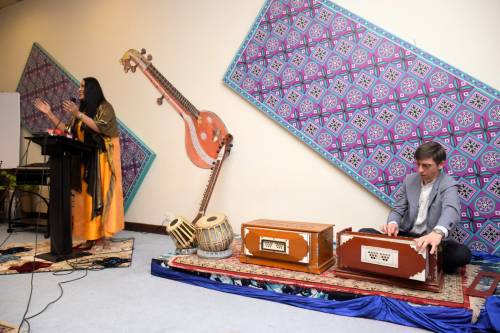Pakistan’s famous “Chaiwala” Arshad Khan, who rose to global fame in 2016 after a viral photo of him pouring tea made waves on social media, has taken his legal battle to the Lahore High Court (LHC) after his Computerized National Identity Card (CNIC) and passport were blocked by authorities. The case, which has drawn significant public attention, challenges the legality of the government’s decision, with Khan’s legal team arguing that the move violates his constitutional rights.
During a hearing at the LHC’s Rawalpindi Bench, Justice Jawad Hassan issued notices to the federal government, the National Database and Registration Authority (NADRA), and the Directorate General of Immigration and Passports, seeking their responses by April 17. The court also directed senior officials from these departments to appear with relevant records to justify their actions.
Khan’s counsel, Umer Ijaz Gilani, argued that his client symbolizes the “Pakistani dream,” having gained international recognition after his photograph as a young tea vendor in Islamabad went viral. Despite his fame, the sudden blocking of his identity documents has put his career and reputation at risk. The lawyer contended that NADRA’s demand for proof of residence before 1978 was unreasonable and malicious, especially since Khan’s family possesses documented proof of Pakistani citizenship.
Citing Articles 4, 9, 14, and 18 of the Constitution, Gilani emphasized that the blocking of Khan’s CNIC and passport infringes upon his fundamental rights to livelihood, dignity, and fair treatment. He also referenced previous rulings by the Sindh High Court, Islamabad High Court, and Lahore High Court, which declared the arbitrary blocking of identity documents without due process as illegal.
However, the Assistant Attorney General and NADRA’s legal representative opposed the petition, claiming that Khan had failed to provide sufficient evidence of his Pakistani nationality. They maintained that the authorities acted lawfully in blocking his documents.
Justice Hassan, while acknowledging the petition’s maintainability, restrained the government from taking any adverse action against Khan until a final decision is reached. The court also directed NADRA to resolve the matter within a month through a legally sound interim order.
Khan, born in Pakistan to Afghan refugee parents, presented a government-issued birth certificate as proof of his nationality. His legal team has requested the court to formally recognize his citizenship under the Pakistan Citizenship Act, 1951, and restore his identity documents.
The case has sparked debates over citizenship rights and bureaucratic procedures, with many viewing it as a test of how Pakistan’s system treats individuals who rise from humble beginnings to achieve fame. The next hearing, scheduled for April 17, will determine whether Khan’s documents are reinstated or if the government’s decision stands.
Also read: FIA summons Nadia Hussain in husband’s Rs540 million fraud case






